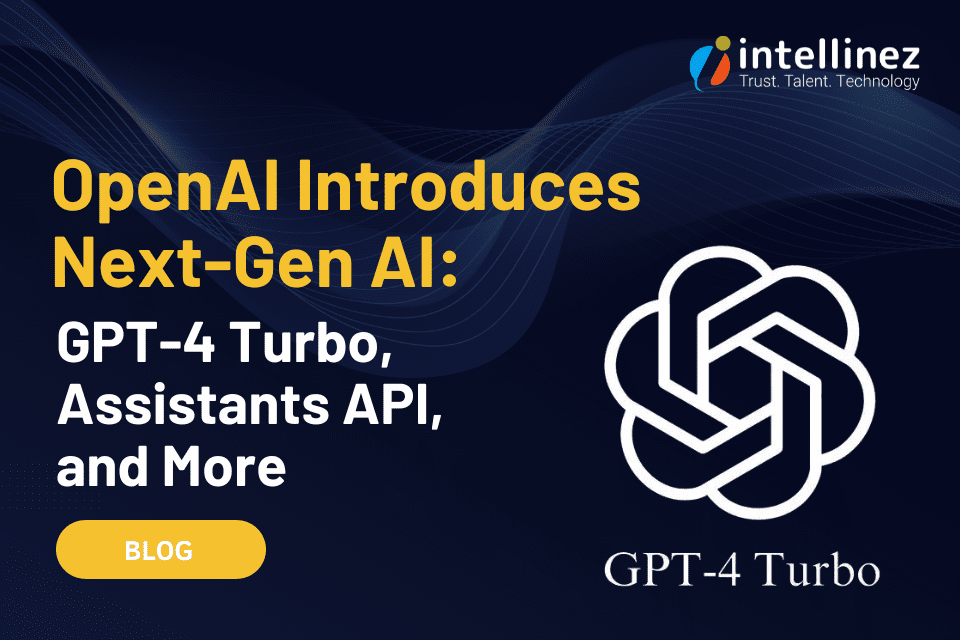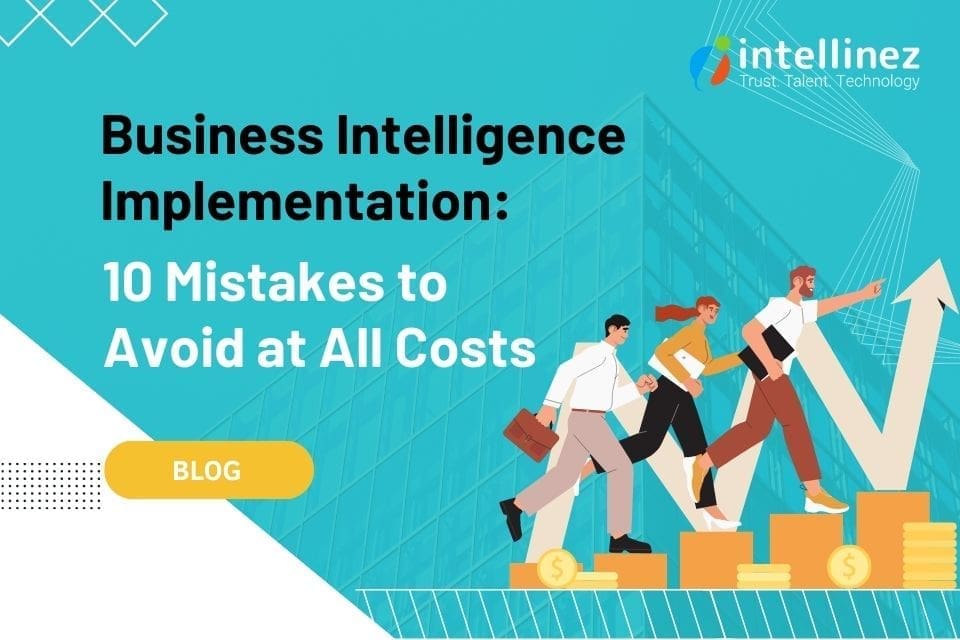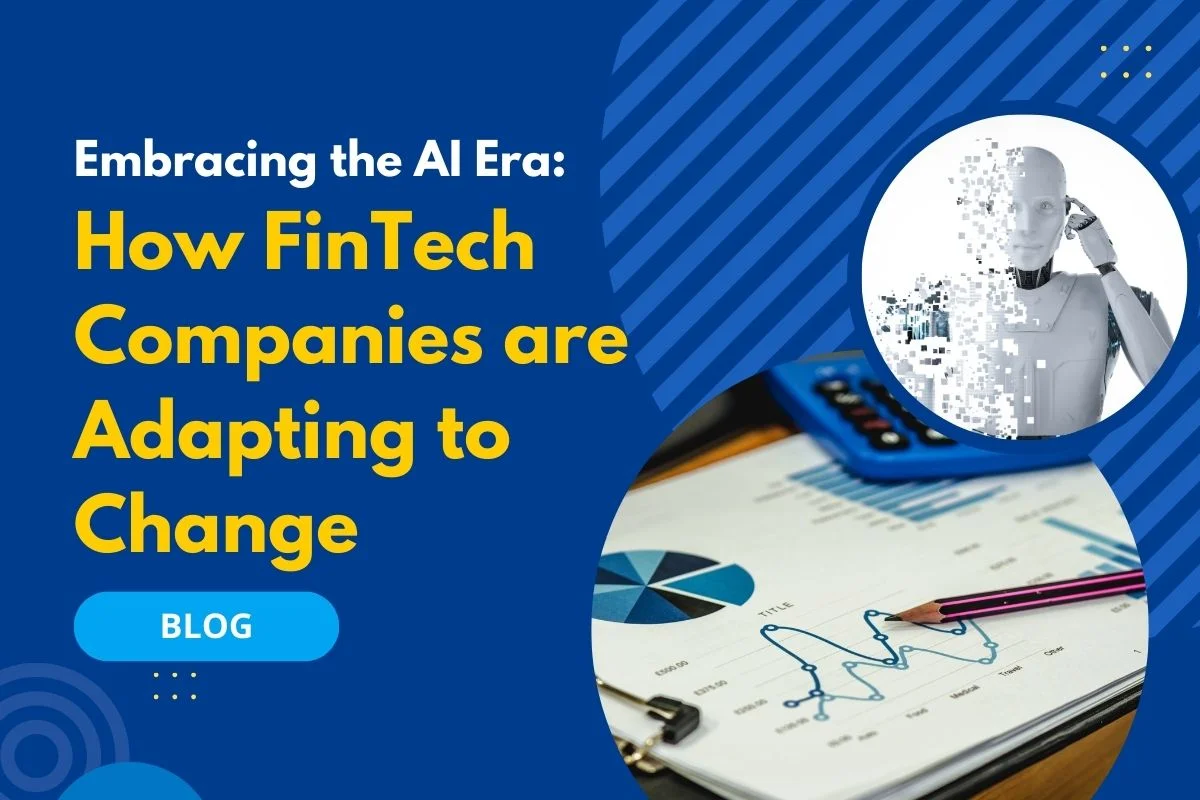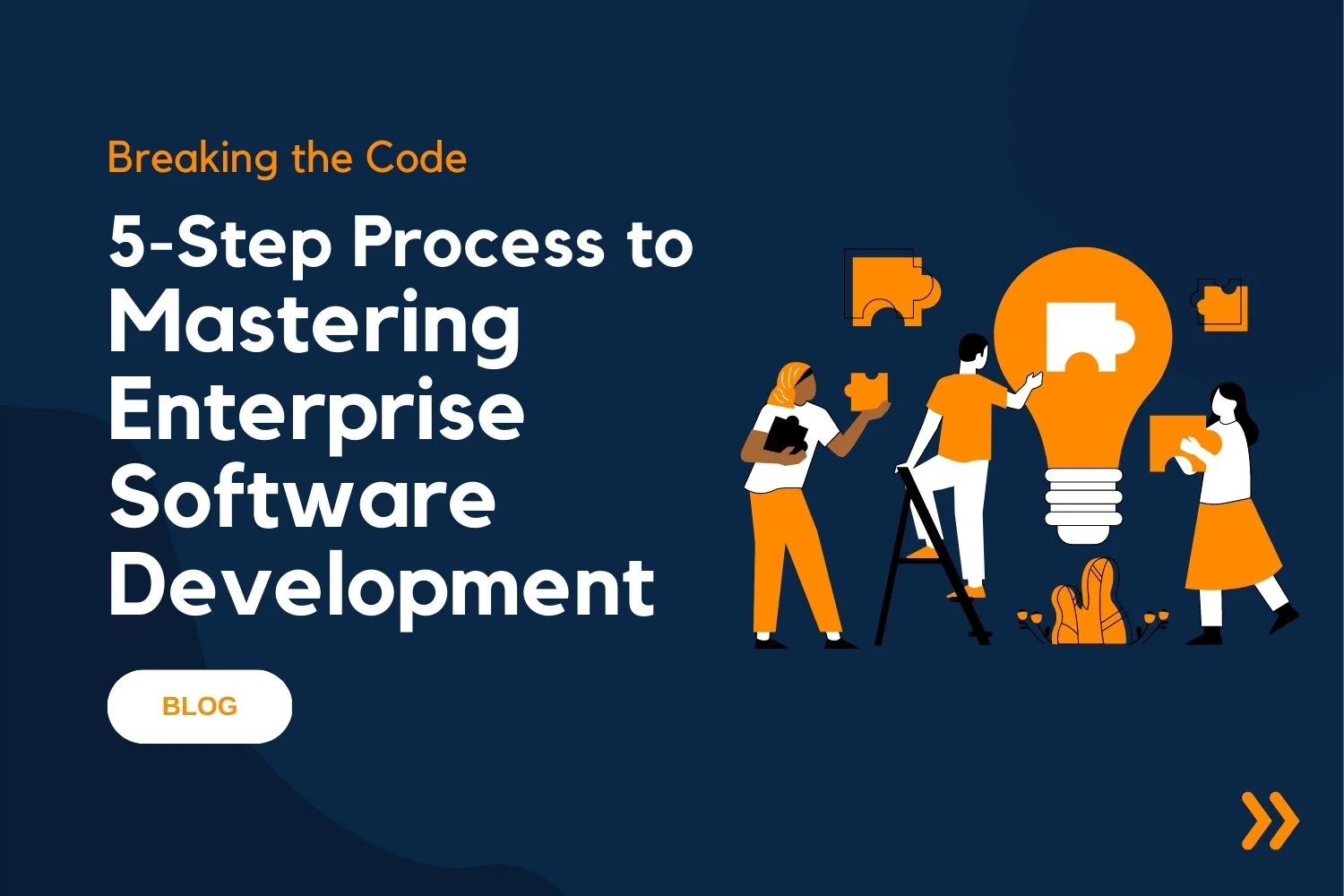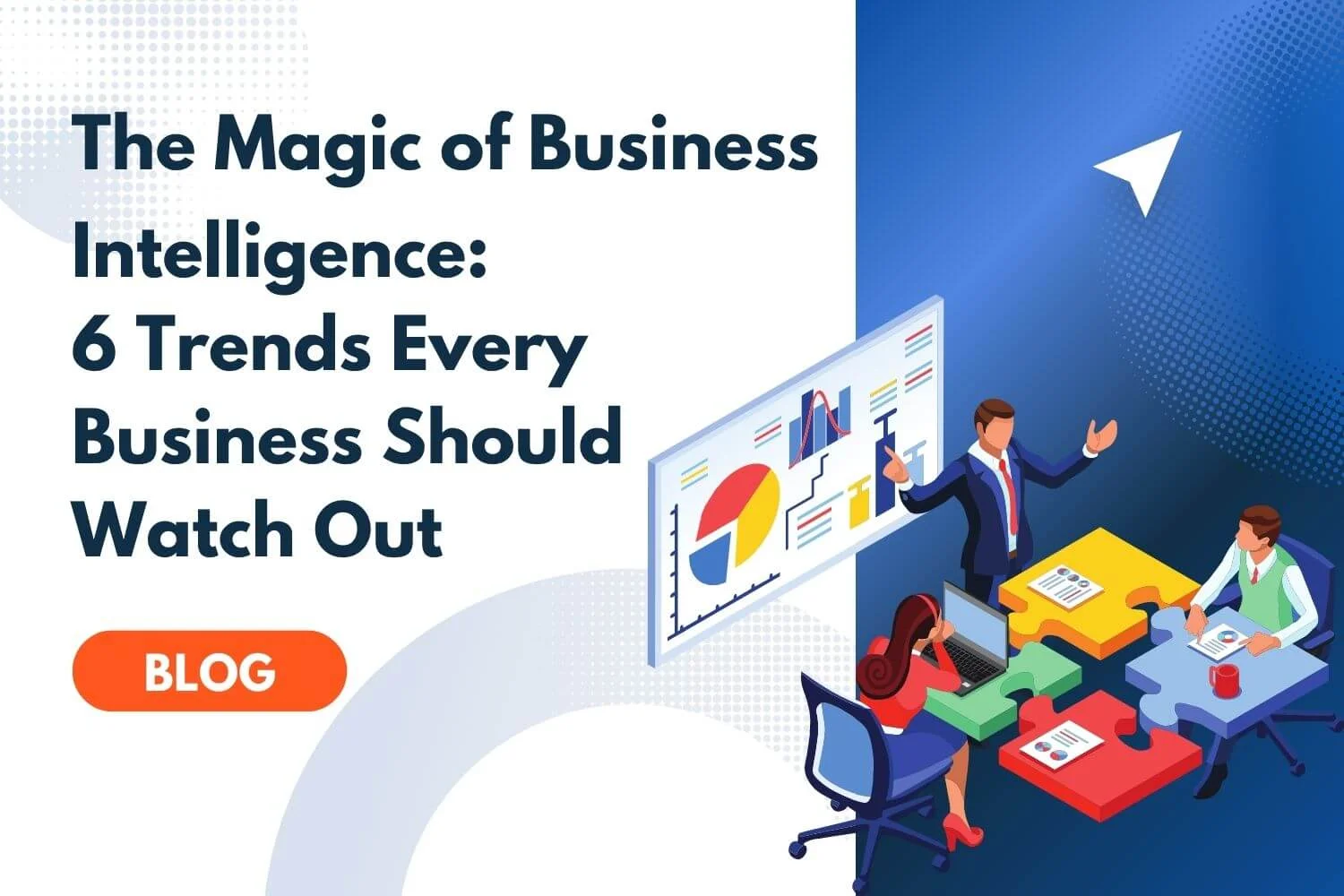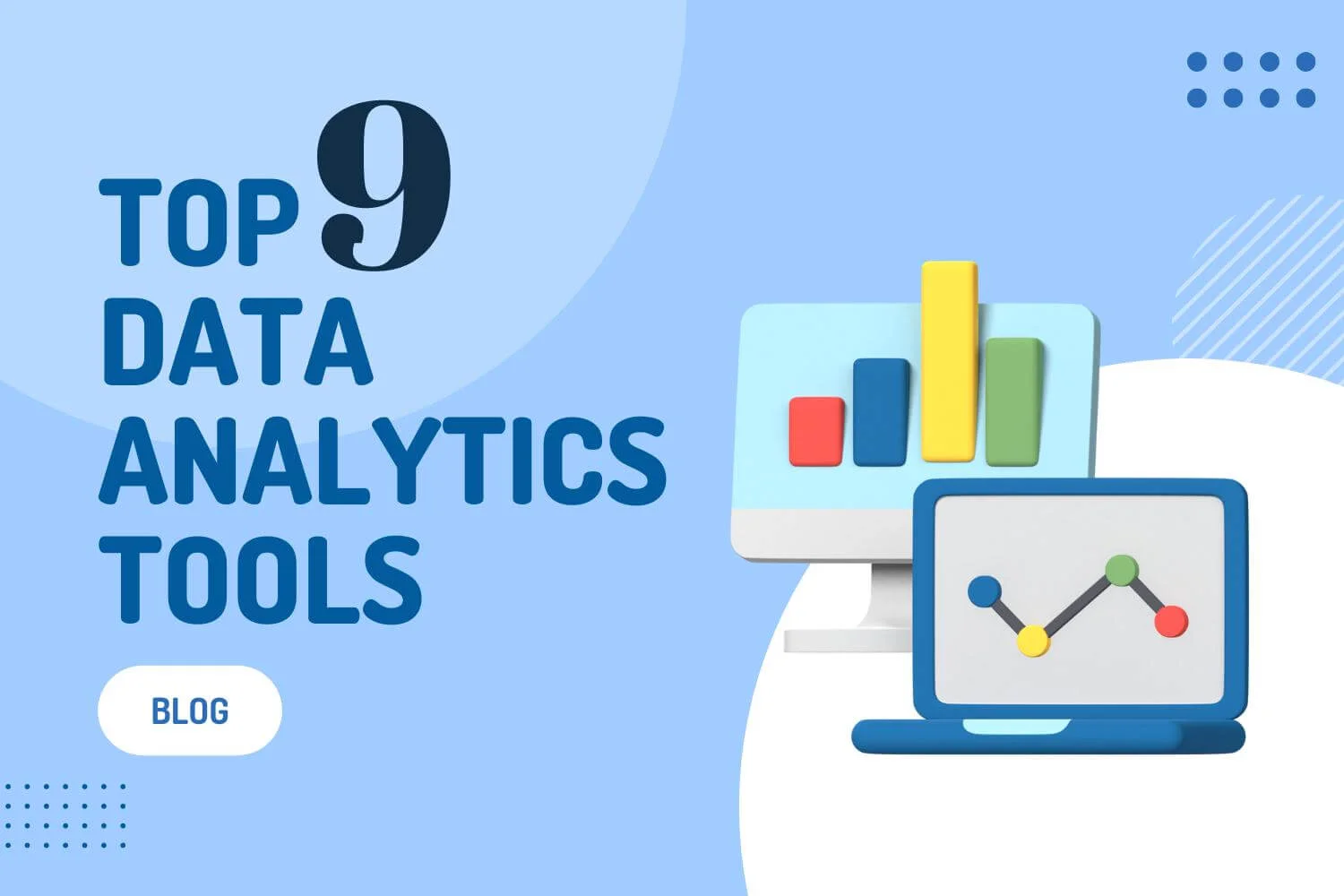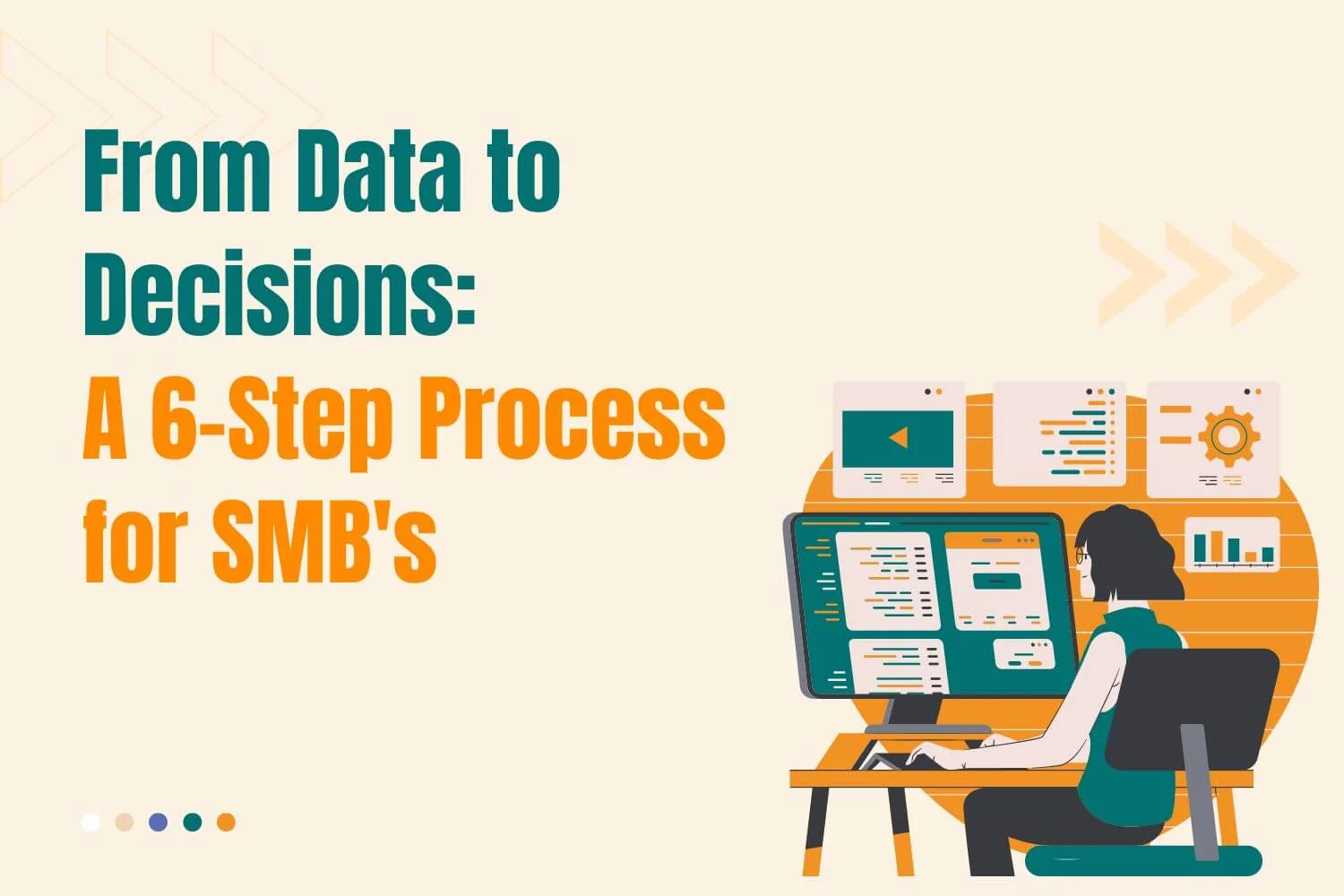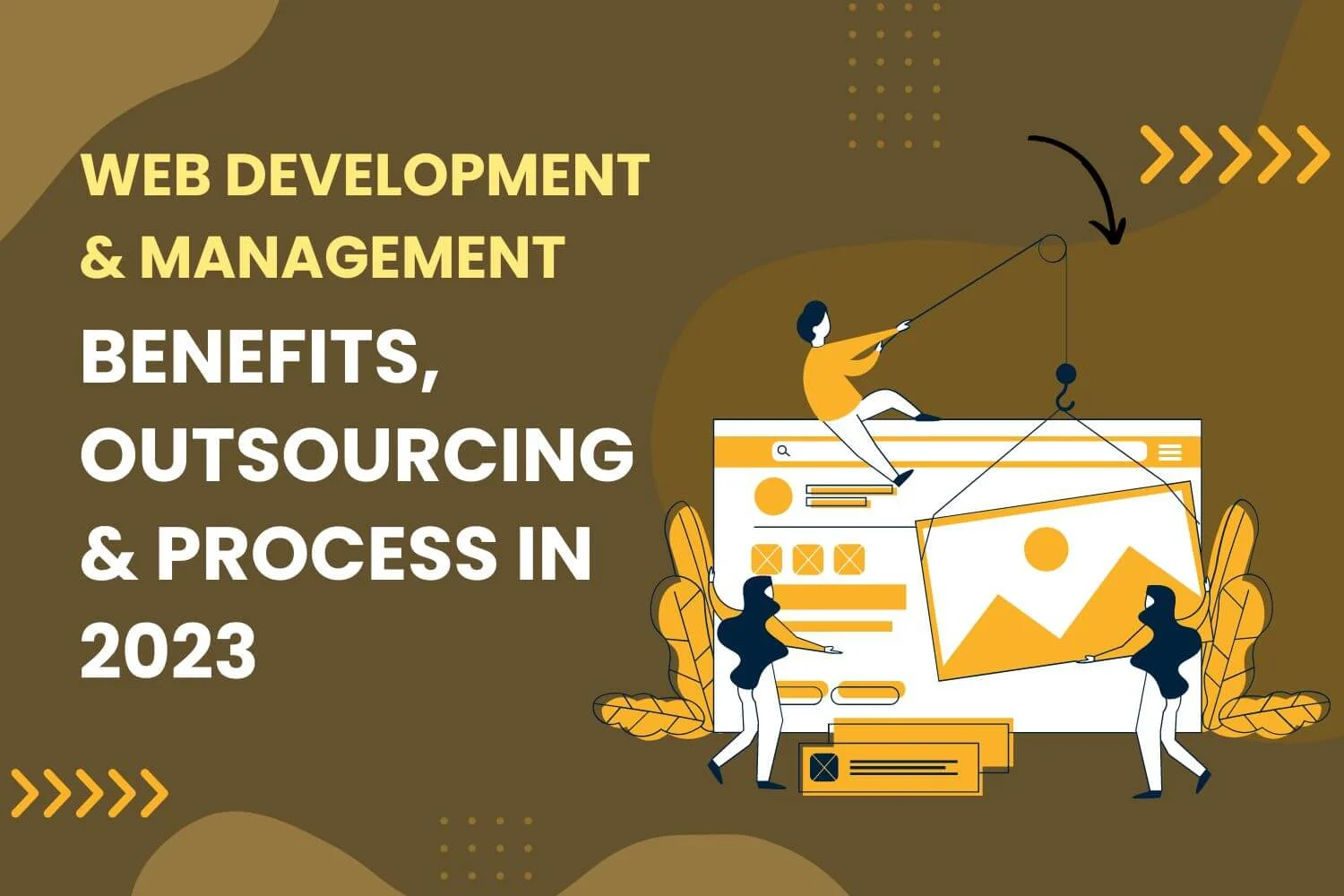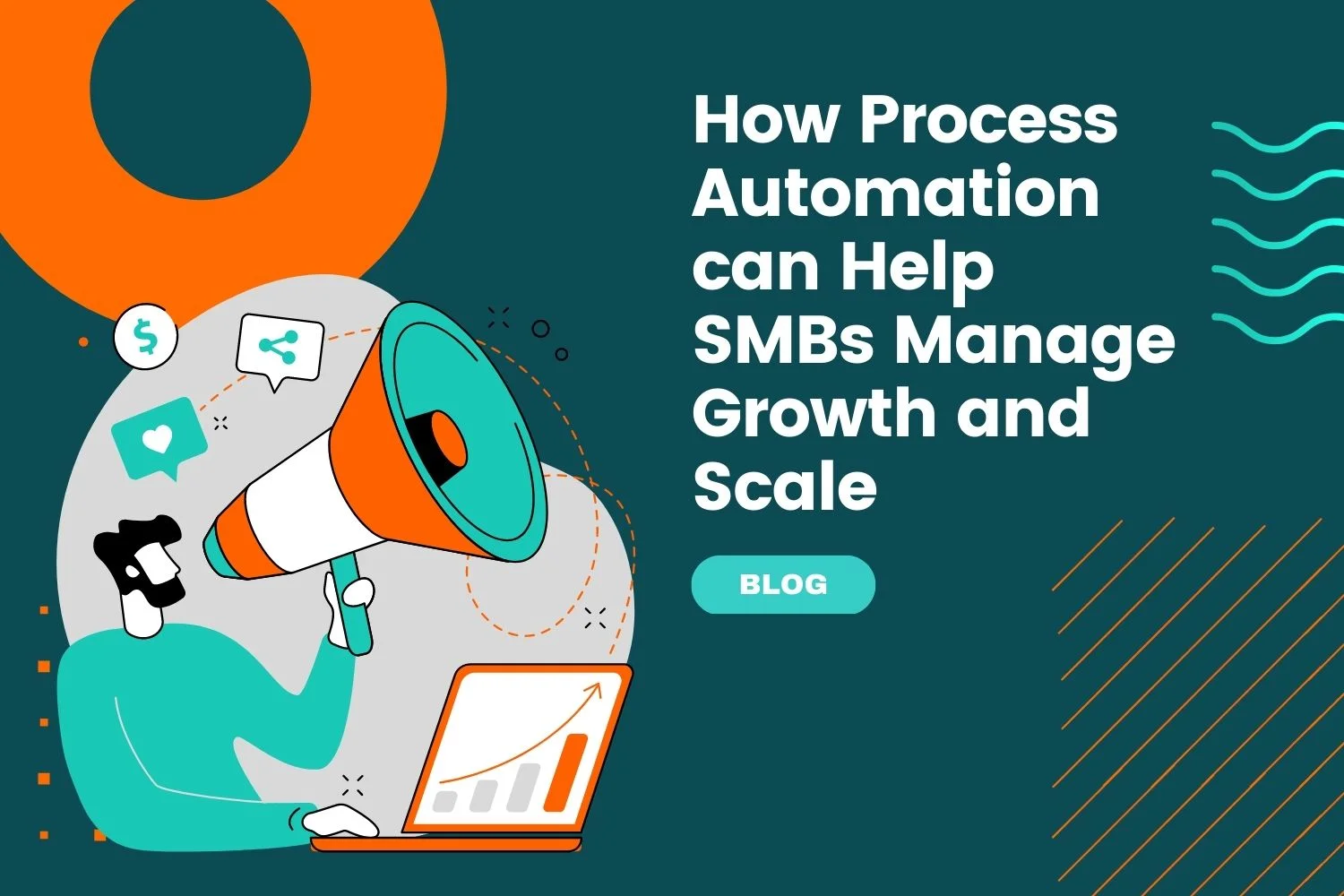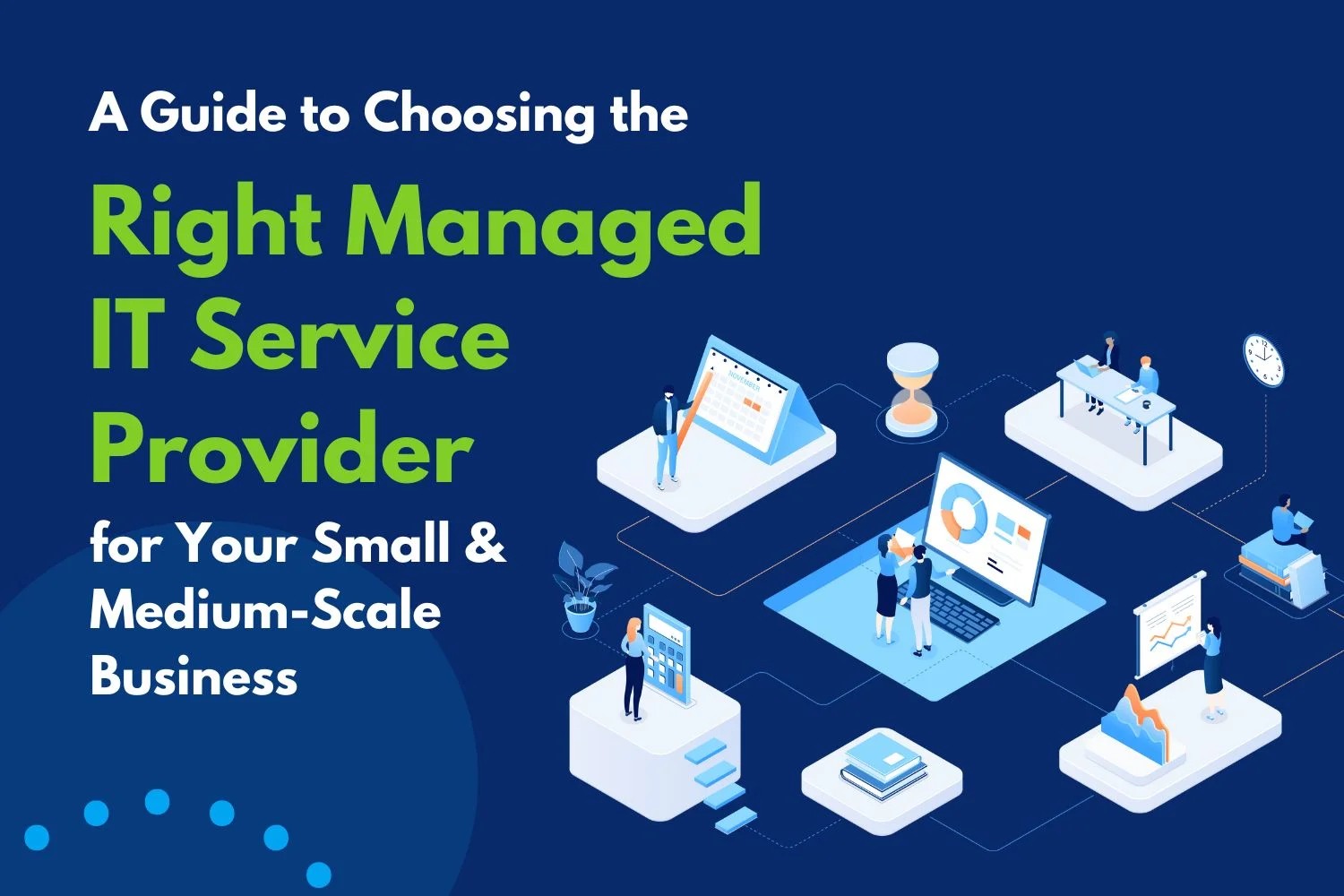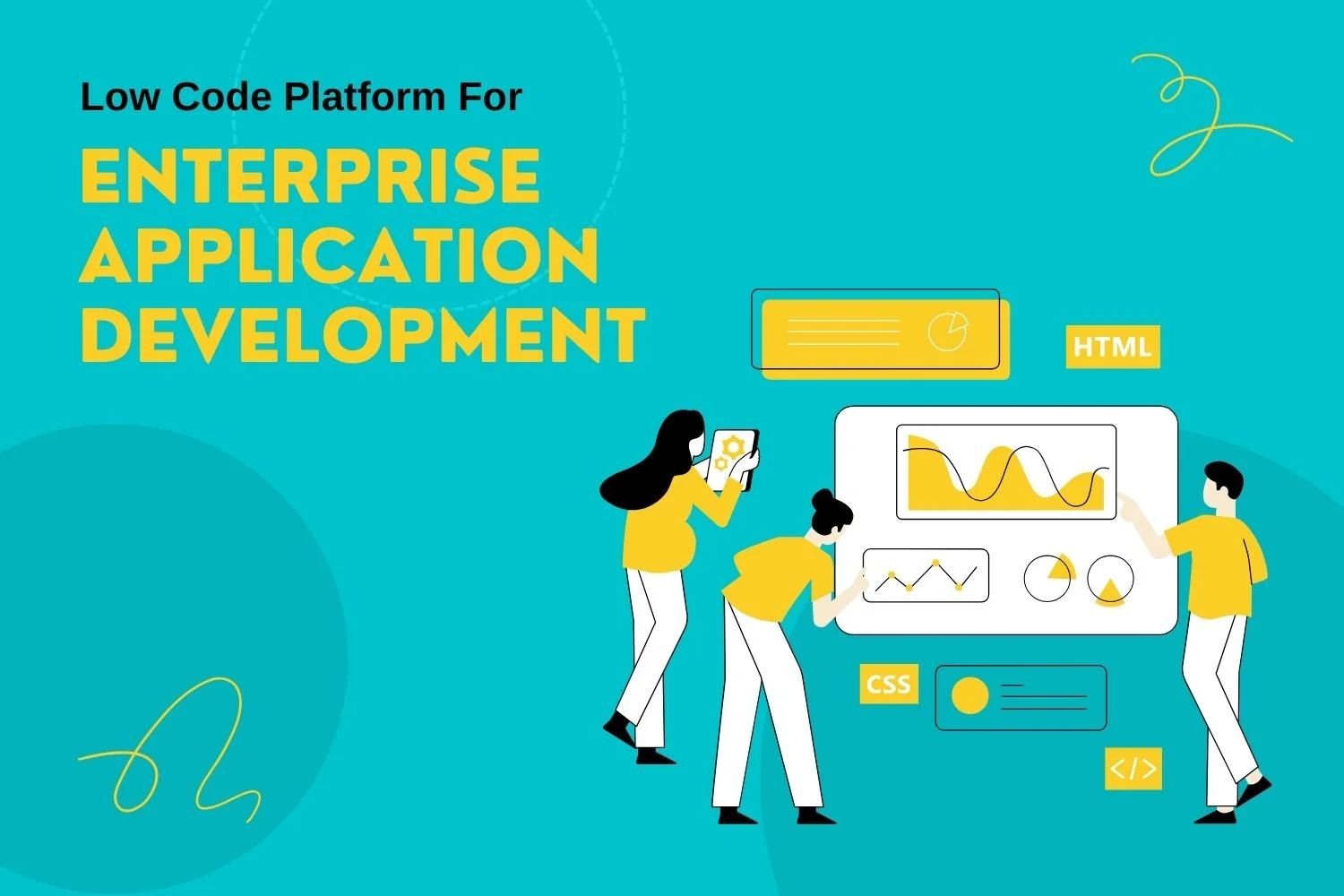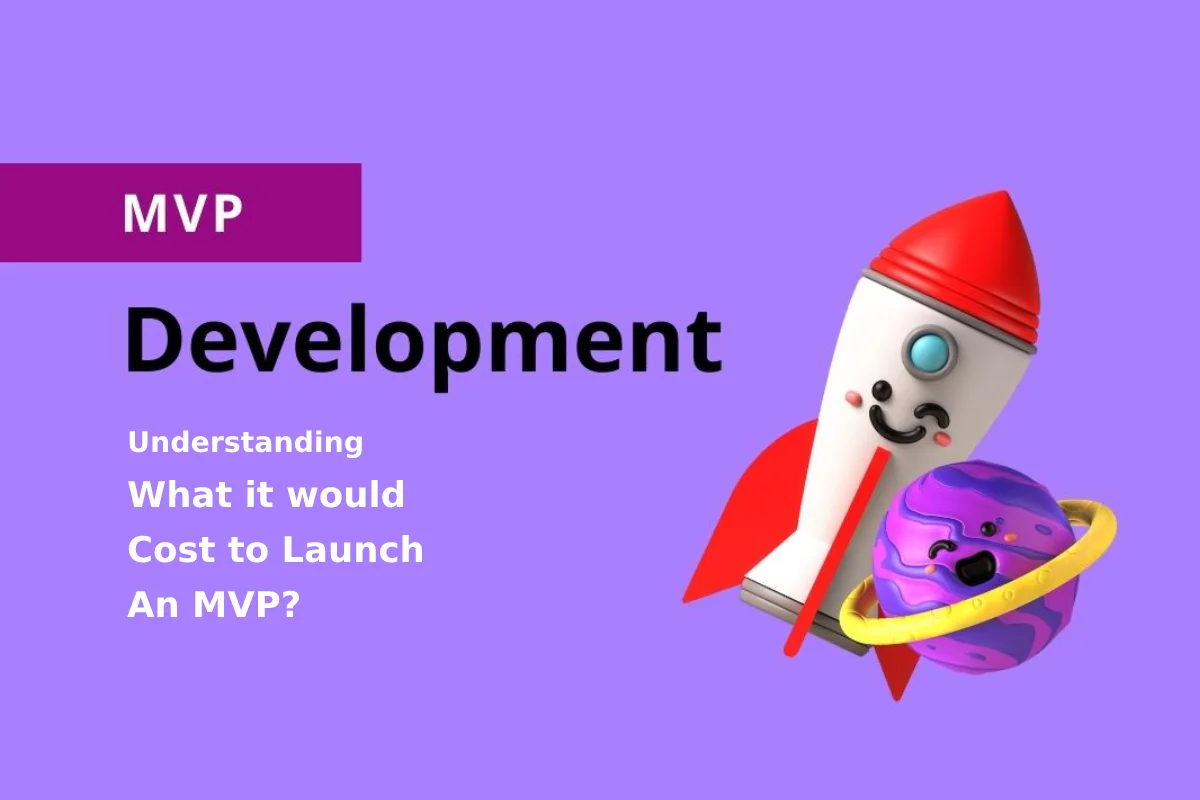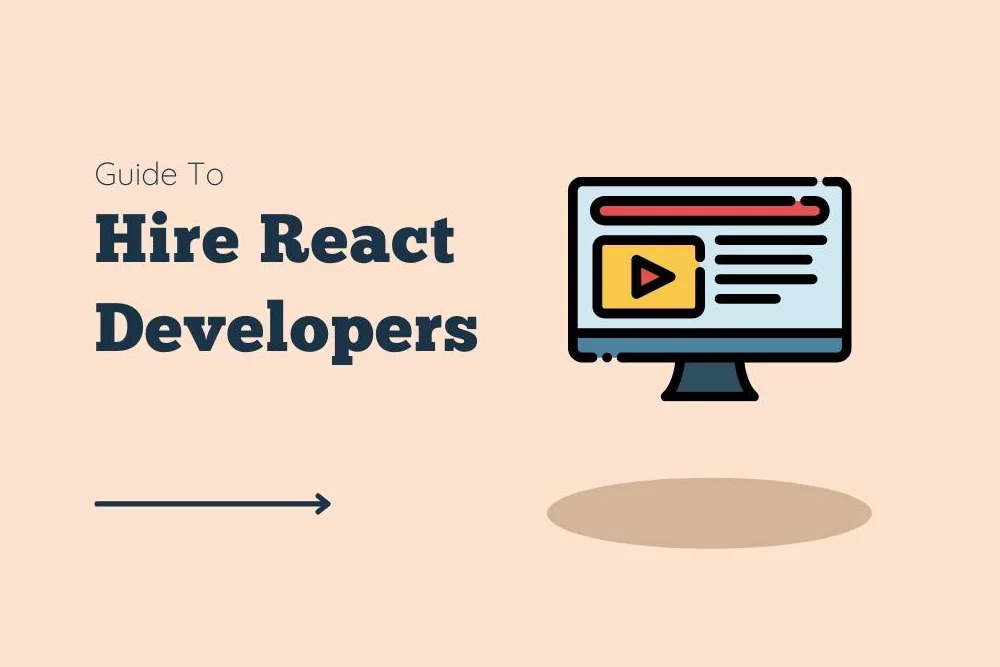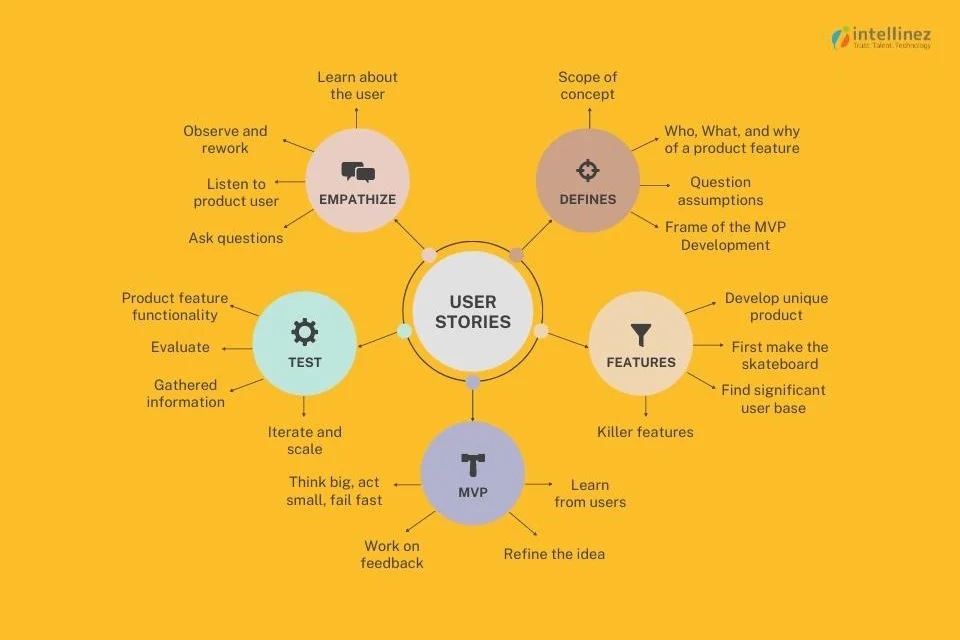Table of Contents
Artificial intelligence has become a hot topic in the fintech industry, attracting widespread interest and fascination. The incredible progress AI has made in recent years has sparked conversations and amazed people around the world.

In this article, we’ll explore how artificial intelligence and machine learning have revolutionized the fintech industry. We will try to understand the evolving role of AI in fintech. Get ready to discover the exciting ways artificial intelligence has transformed the world of finance and opened up new possibilities for everyone involved.
What is the Role of AI in FinTech Industry?

The role of AI in fintech market is increasing. The AI in fintech market is expected to reach $31.71 billion by 2027, growing at a CAGR of 28.6% each year. One of the greatest benefits of artificial intelligence and machine learning is their ability to personalize interactions with customers by understanding their behavior through advanced algorithms.
The fintech industry is taking full advantage of AI’s insights into consumer behavior, leading to rapid growth. Artificial intelligence is particularly valuable in assessing loan risks, making it a crucial factor for financial companies looking to expand their services. Machine learning plays a significant role in improving loan underwriting and reducing financial risks for fintech companies. Additionally, AI’s advanced methodologies help detect fraud and prevent unauthorized access, enhancing security measures.
These are just a few of the reasons why artificial intelligence is gaining popularity in the fintech industry. In the following sections, we will delve into more details and explore the various benefits of leveraging AI in this sector.
Top Reasons to Adopt Artificial Intelligence in the FinTech Industry

Artificial intelligence has become the go-to solution for the fintech industry, and its benefits are numerous. Here, we highlight the key reasons why AI has played a crucial role in driving growth and development in the financial sector, resulting into a focus on understanding the role of AI in fintech.
1. Customization
Artificial intelligence and machine learning have revolutionized the fintech industry by eliminating the need for manual setup. Through AI-powered methodologies, fintech companies can offer hyper-personalized financial instruments and investment plans tailored to each individual’s suitability, all while maintaining robust security measures.
The adoption of AI has eradicated monotonous manual tasks that were once prevalent in fintech operations. AI’s omnichannel approach evaluates data across various parameters to deliver personalized recommendations and suggest the most suitable investment plans based on each unique profile.
By automating these previously time-consuming tasks, banks and financial institutions have saved considerable time. Additionally, the adoption of AI has significantly reduced the failure rate in transactions and loan processes, enhancing overall operational efficiency.
2. Significant Cost and Risk Reduction
As artificial intelligence continues to advance rapidly, it has the potential to replace certain human-performed tasks that are prone to errors. Correcting these errors typically requires substantial time, effort, and costs. However, with AI’s limitless capabilities, one of its fundamental components, Robotic Process Automation (RPA), comes into play. RPAs effectively replicate human-performed tasks, eliminating the need for unnecessary manual labor, reducing time consumption, and cutting costs.
By leveraging AI and RPA with the help of Intellinez Systems, many businesses could significantly decrease operational costs and minimize the risks associated with human error. As AI technologies continue to evolve, the potential for cost and risk reduction in various sectors will only grow.
3. Enhanced Customer Experience
In the past, the banking sector was often criticized for its inefficient service delivery, lacking advanced technology adoption within the fintech industry. Banks struggled to address user demands and queries promptly, leading to customer dissatisfaction, however, the landscape has drastically changed with the remarkable progress of AI in the fintech industry. Let’s delve into the details.
Among the various advancements in AI, chatbots stand out as a prominent pillar of artificial intelligence. The fintech industry, in particular, has leveraged AI chatbots to a great extent, demonstrating their success. AI chatbots have revolutionized customer interactions in banking. When users reach out to banks with queries or issues, chatbots engage in conversational interactions, promptly noting their concerns and providing suitable solutions. These chatbots are available during peak hours, and some even offer 24/7 support to cater to users across the globe.
Chatbots are just one example of the significant solutions artificial intelligence has brought to the world and Intellinez Systems has a well-experienced team to develop your own customized chatbots. Given their widespread use in the fintech industry, we have highlighted their impact on enhancing customer experiences.
4. Automation Revolutionizes the Investment Process
In 2023, the embrace of advanced technology continues its remarkable journey, with no end in sight for innovation. Many banks are actively adopting AI to streamline their investment decision-making processes and enhance their investment banking research. Furthermore, numerous fintech companies are taking their advancements to new heights by introducing robo-advisors that provide comprehensive user assistance. It is projected that more than 34 million users will use roboadvisors by 2028.
These highly advanced robo-advisors offer personalized and meaningful advice to users based on their queries. Equipped with advanced configurations, these robots revolutionize the way investment advice is provided, making the investment process more efficient and accessible.
5. Accurate Results
It’s a universal fact that humans are prone to making mistakes, especially when it comes to handling numerous complex tasks within the fintech market. These tasks often consume significant resources, resulting in minor errors that impact the final outcomes. Artificial intelligence, on the other hand, presents a notable contrast. While the possibility of errors still exists, the frequency is considerably reduced compared to human errors. AI-based applications deliver accurate results, saving valuable time and effort. Moreover, they provide the flexibility to foster innovation.
By utilizing AI tools, businesses can redirect their focus towards strategic growth and expansion, as they are freed from the burden of monotonous tasks. The accuracy and efficiency offered by artificial intelligence create opportunities to explore new perspectives and drive business development.
6. AI Empowering Competitive Intelligence for Fintech
A staggering 82% of traditional financial companies have strategic plans to forge fintech partnerships within the next 3 to 5 years. The advent of artificial intelligence has completely transformed the business landscape, leaving a remarkable impact in various sectors. One area where AI shines is in enabling efficient research, analysis, and competitive intelligence.
Competitive intelligence entails the systematic collection and analysis of data pertaining to both current and potential competitors. With artificial intelligence, this process becomes significantly more manageable and streamlined. AI-powered tools can swiftly gather and analyze vast amounts of data, providing valuable insights into the competitive landscape. By leveraging AI for competitive intelligence, Intellinez Systems helped fintech companies gain a powerful advantage in understanding market trends, competitor strategies, and customer preferences. This knowledge equips them to make informed decisions, identify opportunities, and stay ahead in the dynamic fintech industry.
Key Challenges in Adopting AI by FinTech Companies
When FinTech companies embrace AI, they encounter various challenges along the way. Here are the common hurdles faced during the adoption of AI in the FinTech industry.
1. Increased Budgets
As businesses strive to embrace cutting-edge technology, mediocre FinTech companies often face inherent constraints. Despite their determination to make progress, a lack of sufficient budget often hinders their efforts.
However, there is a glimmer of hope as the adoption of AI in the FinTech industry soars. In light of this market trend, 86% of banks and insurance companies have planned to boost their investment in AI-related technology by 2025.
Therefore, all FinTech companies that have bravely chosen to embrace AI as a key driver for future advancements can now rely on the support of AI investment policies to expand and thrive.
2. Unstable Workflow
The absence of a consistent approach can lead FinTech companies astray, as the ever-changing pattern of work often hinders desired outcomes. Therefore, if you are committed to adopting AI, it is essential to develop a robust and well-thought-out plan that takes into account the various ideas that have crossed your mind, in order to create a realistic roadmap.
3. Lack of Skilled Professionals
The commitment of FinTech companies to embrace AI in their operations is praiseworthy, but their lack of experience in effectively navigating artificial intelligence becomes a hindrance to their success.
Consequently, businesses face the consequences of not having access to experienced resources. Research indicates that the primary reason for the failure of these endeavors is the scarcity of skilled talent aligned with a long-term vision.
As a result, companies struggle to establish a solid framework for hiring and reskilling AI professionals. Talent strategies are often perceived as administrative obstacles rather than strategic enablers.
4. Partial Acceptance of AI
You might wonder what’s holding us back. Despite a global increase in the adoption of artificial intelligence, it has not yet been universally embraced. The main opponents of AI are typically individuals who prefer human interaction over AI-based chatbots or robots.
Human interaction holds an irreplaceable value that even the most efficient chatbots cannot replicate. Some users or clients find human interactions more dependable and trustworthy compared to AI-based chatbots. AI is a subjective concept, with logical perspectives from both those who view it as a boon and those who see it as a curse.
The acceptance of AI depends on how individuals perceive its advantages and disadvantages. As we discuss the challenges and distinct attributes of artificial intelligence from the users’ perspective, let’s delve into how to overcome challenges in AI adoption by FinTech companies to provide a clearer understanding for everyone.
How to Overcome Challenges in AI Adoption by FinTech Companies
Partner with a Trusted AI Provider
- Collaborate with a reliable AI provider such as Intellinez Systems to assist in implementation and management.
- Benefit from their expertise and reduce the complexity of AI adoption.
Invest in Data Security
- Allocate resources to strengthen data security measures.
- Implement encryption, access control, and conduct regular security audits.
Use AI for Compliance
- Leverage AI tools to ensure compliance with regulations.
- Reduce compliance costs and enhance accuracy through AI-powered solutions.
Set Clear Goals and Objectives
- Define your objectives and desired outcomes for AI implementation.
- Identify how AI can improve your business processes and address specific challenges.
- Develop a comprehensive plan to align AI with your goals and objectives.
Choose the Right AI Tools and Technologies
- Evaluate different AI tools and technologies available in the market.
- Select the ones that align with your business needs and objectives.
- Consider factors such as scalability, compatibility, and integration capabilities.
Invest in Training and Education
- Provide training and educational resources for your employees.
- Ensure they have a solid understanding of AI concepts and its applications.
- Foster a culture of continuous learning to keep up with advancements in AI.
Be Patient and Persistent
- Understand that AI implementation is a long-term investment.
- Set realistic expectations and be prepared for the time it takes to see results.
- Stay committed and persevere through challenges to reap the benefits of AI.
Remember, successful AI implementation requires careful planning, strategic decision-making, and ongoing support and adaptation. By following these considerations, FinTech companies can maximize the potential of AI to drive innovation and growth.
Conclusion
As we witness daily technological advancements and continuous improvements, it becomes evident that their long-term impact on our lives is inevitable. The best course of action now is to remain observant, open-minded, and adaptive, ready to seize the opportunities that arise amidst this ever-changing fintech landscape. By doing so, we position ourselves for success in an era defined by technological innovation and transformation.
The role of AI in fintech has already grown immensely, and will continue to do in the near future with new developments in the artificial intelligence space, such as the advent of generative AI.
Achieve Global Dominance in FinTech with AI Solutions from Intellinez Systems
Discover the unparalleled potential of AI with Intellinez Systems as your guiding force. With a passion for technology and innovation, we specialize in providing transformative FinTech solutions.
Our impressive track record showcases numerous clients who have achieved notable transformations, launching flagship products and services that have taken the market by storm.
From developing AI-driven applications to implementing cutting-edge machine learning algorithms and leveraging advanced data analytics, we have the expertise to help you make a lasting impression in the world of AI. Trust Intellinez to unlock your path to global success.
Soumya Mishra
Technology Leader proficient in engineering and execution of enterprise-level IT projects and providing support services on the same. Possesses the ability to set functional and technical strategies, converting them to an achievable plan of action, and driving them to realize and achieve customer success. Passionate leader believing in leading by example, possessing strong problem-solving skills and a can-do attitude. Adept at handling cross-functional teams across the globe and motivating them to achieve outstanding and sustainable results to meet organizational goals and objectives! Guiding Quote – “Every job is a self-portrait of the person who did it, Autograph your work with excellence”





































![A Comprehensive Guide to AWS SaaS Architecture [Diagram Included] 81 Aws SaaS Architecture](http://www.intellinez.com/wp-content/uploads/2024/08/Title-image.jpg)

